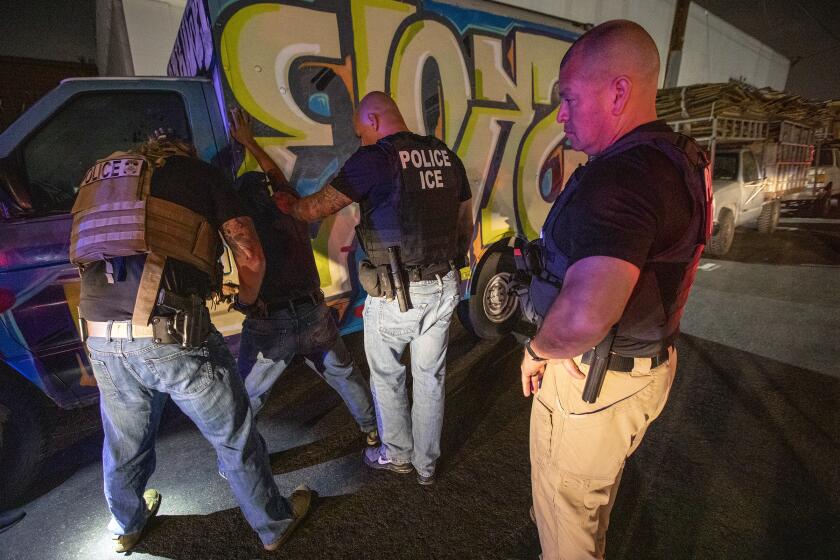Protest halts planned parade by Ottoman band
- Share via
A planned parade by an Ottoman military marching band in Hollywood has been canceled because of objections by Armenian groups who said the event was an affront to victims of the 1915-1918 Armenian genocide.
The genocide claimed the lives of about 1.2 million Armenians under the Ottoman Empire, which became the modern-day republic of Turkey. The Turkish government disputes that a genocide took place.
The permit for the parade, scheduled for next Monday on Hollywood Boulevard, was pulled Wednesday, an official at the Los Angeles Police Commission said.
Hafsa Rai, a spokeswoman for the Pacifica Institute, which organized the event, said that the uproar took the organization by surprise and that its mission is to promote intercultural dialogue.
“We are not here to offend anyone. That was never our intention,” she said.
The march was meant to generate interest in the Anatolian Cultures Festival in Costa Mesa starting Oct. 6, which celebrates all cultures that have at one time lived in what is now Turkey, including Armenians, Rai said.
But as word of the parade spread, it drew wholesale condemnation from Armenian groups, including the Armenian Youth Federation and Armenian National Committee, which called the march “tantamount to hate speech and harassment.”
The Armenian Youth Federation had planned to protest the parade, organized via a Facebook page on which the reaction among users was a mix of surprise and outrage.
That the Ottoman military marching band was scheduled during a time when people of Armenian descent are celebrating the 20th anniversary of their homeland’s republic only inflamed the reaction.
Calling the march a “blatant provocation,” Los Angeles City Council President Eric Garcetti and Councilman Paul Krekorian said in a joint statement Wednesday that they were pleased the parade was scrubbed, adding that the “Armenian genocide at the hands of the Ottoman Empire is a wound that continues to fester.”
As the discontent in the Armenian community grew, Rai said, the Pacifica Institute started exploring ways to include other cultures in the parade. But when it became clear that it could not be done in time, organizers decided to pull the plug on the event, she said.
“I guess we didn’t realize how long it would take,” she said.
More to Read
Sign up for Essential California
The most important California stories and recommendations in your inbox every morning.
You may occasionally receive promotional content from the Los Angeles Times.











